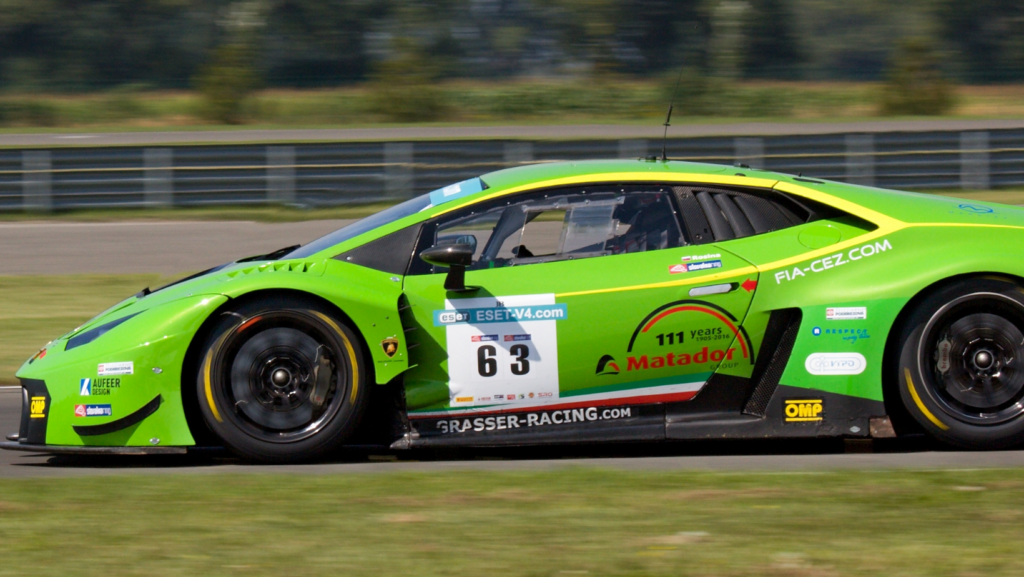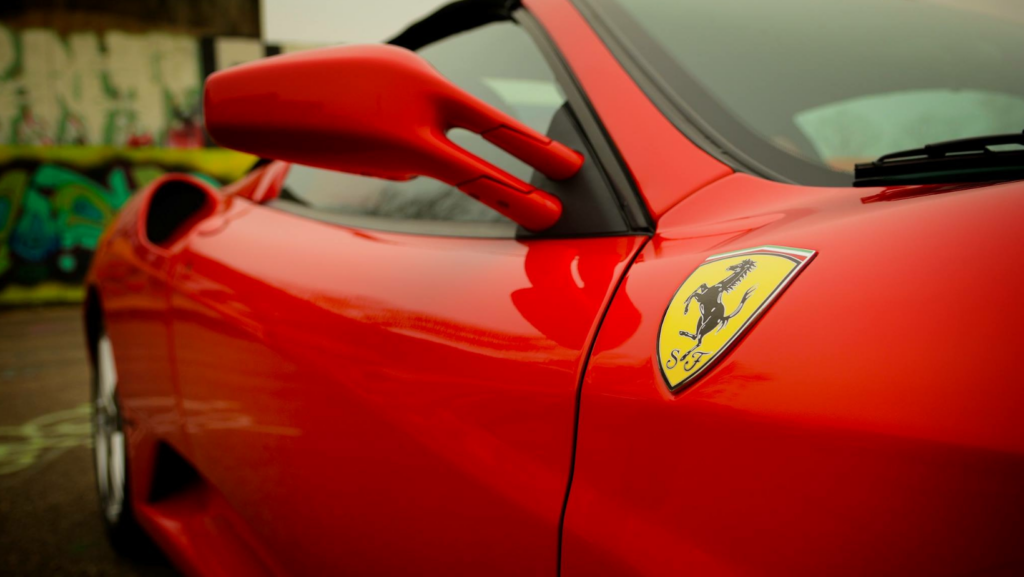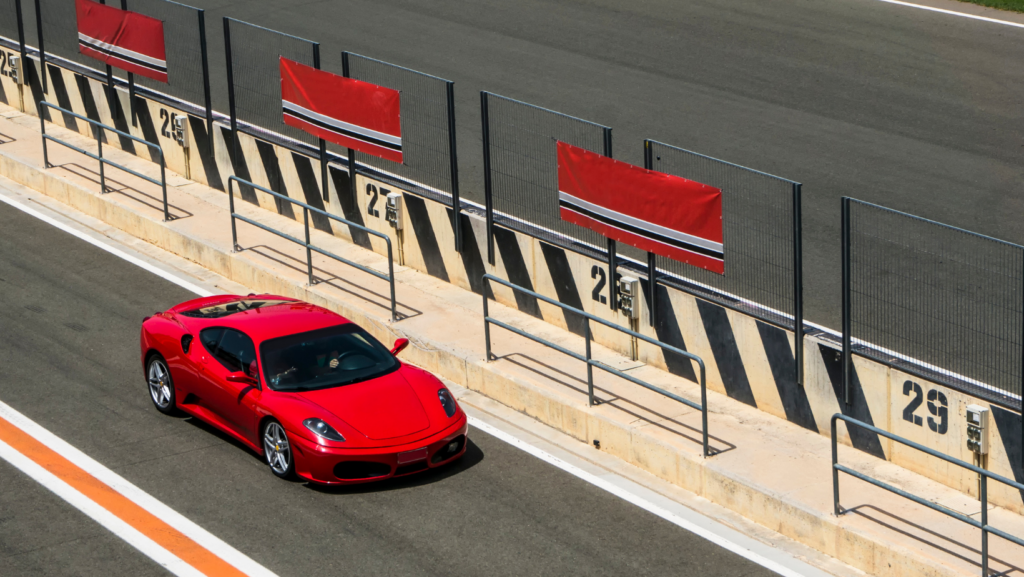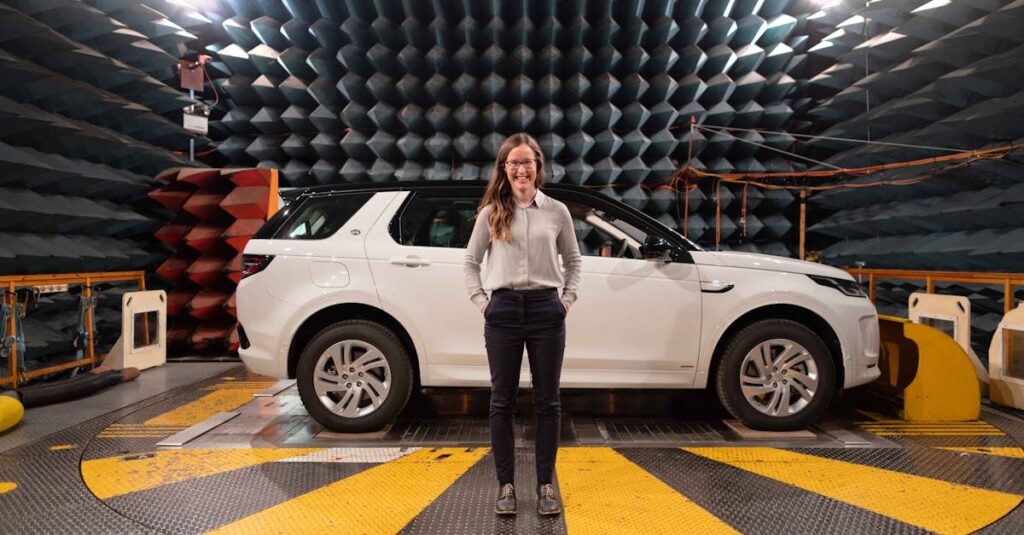In the fast-paced world of motorsports, technology plays a pivotal role in shaping performance and strategy. From cutting-edge engineering to advanced data analytics, high-tech innovations are revolutionizing how teams compete on the track. As races become more thrilling, fans are drawn not just to the speed but also to the intricate technology that drives these powerful machines.
Hi-tech motorsports isn’t just about faster cars; it’s about enhancing safety, efficiency, and the overall spectator experience. With developments like hybrid engines, aerodynamic designs, and real-time telemetry, the sport continually pushes boundaries. This evolution reflects a broader trend where technology and competition intersect, creating a dynamic landscape that captivates enthusiasts and engineers alike.
Hi Tech Motorsports
Hi tech motorsports represent the cutting-edge intersection of technology and racing. Innovations in vehicle design, engine efficiency, and data analytics significantly enhance performance on the track. Modern motorsports incorporate advanced materials such as carbon fiber and aerodynamics, resulting in lighter and faster racing machines.
Telemetry systems provide real-time data, enabling engineers to analyze performance metrics and adjust strategies mid-race. These systems monitor various parameters, including tire temperature, fuel consumption, and engine output. By utilizing this real-time data, teams can make informed decisions that directly impact race outcomes.
Safety advancements play a crucial role in hi tech motorsports. Improved materials and engineering processes enhance driver protection. Innovations like halo devices and crumple zones significantly reduce the risk of injury during crashes. Additionally, ongoing research into driver health monitoring systems aims to improve safety further by analyzing factors like G-forces and heat exposure during races.
Sustainability initiatives are increasingly vital in hi tech motorsports. Hybrid and electric vehicle technology are gaining prominence, with several racing series implementing these advancements. Efforts to reduce carbon footprints and promote eco-friendly practices reflect the industry’s commitment to sustainability while retaining performance excellence.
Overall, the fusion of technology into motorsports reshapes the racing landscape, producing thrilling experiences for fans and athletes alike.
Key Technologies in Hi Tech Motorsports
Hi-tech motorsports rely on advanced technologies that enhance performance and redefine racing strategies. Engine innovations and aerodynamic advancements play crucial roles in this evolution.
Engine Innovations
Engine innovations significantly boost performance in hi-tech motorsports. Turbocharging enhances power output while maintaining fuel efficiency. Hybrid systems integrate electric power, enabling instant torque and reducing emissions. Advanced fuel injection systems improve combustion efficiency, maximizing horsepower and torque. Variable valve timing technology optimizes engine performance at different RPMs, enhancing responsiveness. These innovations not only increase speed but also ensure compliance with stringent environmental regulations.
Aerodynamic Advancements
Aerodynamic advancements greatly influence vehicle design and performance. Computational fluid dynamics (CFD) simulations allow engineers to analyze airflow around vehicles, optimizing shapes for reduced drag. Active aerodynamic components, such as adjustable wings and diffusers, adapt in real-time to changing conditions, improving downforce and stability. Lightweight materials, including carbon fiber, reduce overall vehicle weight while maintaining structural integrity, further enhancing efficiency. These aerodynamic improvements enable teams to achieve better lap times and maintain competitive advantages during races.
The Role of Data Analytics
Data analytics plays a crucial part in enhancing the performance and efficiency of modern motorsports. By leveraging vast amounts of data, teams can make informed decisions that directly impact race outcomes.
Performance Tracking
Performance tracking involves the systematic collection and analysis of data during races. Teams utilize telemetry systems to monitor metrics such as speed, acceleration, tire temperature, and fuel consumption in real-time. This data allows engineers to evaluate the vehicle’s performance under various conditions. For example, analyzing tire wear data helps teams determine optimal pit stop strategies. Frequent assessment of performance metrics enables teams to make adjustments, ensuring peak performance throughout a race.
Predictive Maintenance
Predictive maintenance employs data analytics to identify potential mechanical failures before they occur. By analyzing historical data and performance trends, teams can predict when components may fail or require servicing. This proactive approach minimizes downtime and enhances reliability on the track. For instance, sensor data from engines and brakes can indicate wear patterns, prompting timely interventions. Implementing predictive maintenance reduces costs and improves overall team performance, enabling athletes to maintain a competitive edge during races.
Major Players in Hi Tech Motorsports
Hi-tech motorsports involve several key teams and manufacturers driving innovation and performance in the industry. Their contributions significantly shape the competitive landscape.
Leading Teams
- Mercedes-AMG Petronas Formula One Team
Mercedes dominates Formula One with relentless innovation and engineering excellence. This team utilizes advanced hybrid technology and data analytics to maintain a performance edge. - Red Bull Racing
Red Bull Racing excels in aerodynamics and strategic race execution. Their emphasis on lightweight materials and innovative designs enhances vehicle speed and handling. - Scuderia Ferrari
Ferrari combines tradition with cutting-edge technology. The team focuses on engine development and advanced telemetry systems to optimize both speed and safety. - Team Penske
Team Penske leads in IndyCar racing, integrating aerodynamic advancements and fuel efficiency strategies. Their commitment to data-driven decision-making enhances race performance. - Toyota Gazoo Racing
Toyota excels in endurance racing, particularly in the World Endurance Championship. The team leverages hybrid technologies and robust engineering practices to achieve sustained performance over long distances.
- Mercedes-Benz
Renowned for high-performance engines and innovative hybrid systems, Mercedes-Benz pushes the boundaries of automotive technology in motorsports. - Honda
Honda focuses on efficient powertrains and advanced engine control systems. Their commitment to performance and reliability significantly impacts both Formula One and IndyCar series. - Ferrari
Ferrari stands out for its engineering prowess and research in vehicle dynamics. The manufacturer continually develops refined power units and chassis for competitive racing. - Ford
Ford invests in performance technologies and aerodynamic enhancements in various racing formats. The company’s integration of data analytics fuels better race strategies. - Porsche
Porsche excels in endurance racing, employing hybrid technologies and advanced aerodynamics. Their commitment to innovation positions them as leaders in both performance and sustainability.
These leading teams and manufacturers play pivotal roles in advancing the high-tech motorsports arena, continually optimizing performance through technology.
Future Trends in Hi Tech Motorsports
In hi-tech motorsports, several future trends are emerging that will further transform the landscape of racing. Automation and artificial intelligence (AI) play pivotal roles in enhancing performance and strategy. Automated systems analyze vast amounts of data in real-time, offering teams insights that drive decision-making. AI algorithms can predict race outcomes based on historical data, optimizing race strategies and tire management.
Electric vehicle (EV) technology is another significant trend. As motorsports organizations embrace sustainability, more teams are integrating electric powertrains into their designs. This shift is evident in series like Formula E, where the competition showcases the potential of fully electric racing. Advancements in battery technology improve efficiency and power output, creating exciting opportunities for innovation in vehicle design.
Augmented reality (AR) and virtual reality (VR) technologies are gaining traction in fan engagement and training environments. AR can enhance the spectator experience by providing real-time data overlays, allowing fans to delve deeper into race strategies and vehicle performance. VR simulations offer drivers immersive training experiences, improving their reaction times and decision-making skills during races.
Data security and privacy frameworks are increasingly vital considerations. With the proliferation of telemetry and data analytics, protecting sensitive information becomes essential. Teams must ensure robust cybersecurity measures to prevent data breaches that could compromise performance insights and proprietary technologies.
Sustainability initiatives will continue to shape the industry. Renewable energy sources, waste reduction measures, and carbon offset programs will become standard practices as teams aim for lower environmental impact. The focus on sustainable materials in vehicle construction, such as recycled composites, will expand, aligning with broader industry goals.
Incorporating human factors engineering into vehicle design is crucial for enhancing driver performance and safety. Adjustable cockpit designs and ergonomic positioning will enable drivers to operate vehicles more efficiently, reducing fatigue during races. Wearable technology that monitors driver health metrics will provide valuable data to support performance and wellness strategies.
These future trends in hi-tech motorsports signify a progressive trajectory, combining advanced technology with sustainability and a focus on the overall racing experience.
Convergence
Hi-tech motorsports represent a thrilling convergence of cutting-edge technology and competitive racing. As teams embrace innovations in engineering and data analytics, they’re not only enhancing performance but also prioritizing safety and sustainability. The ongoing evolution of hybrid engines and advanced materials showcases a commitment to reducing environmental impact while maximizing speed and efficiency.
With emerging trends like AI and electric powertrains on the horizon, the future of motorsports promises even more excitement. The industry’s focus on fan engagement through AR and VR technologies further enriches the overall experience. As technology continues to shape the racing landscape, the passion for motorsports remains unwavering, ensuring that both athletes and fans will enjoy a dynamic and exhilarating journey ahead.





